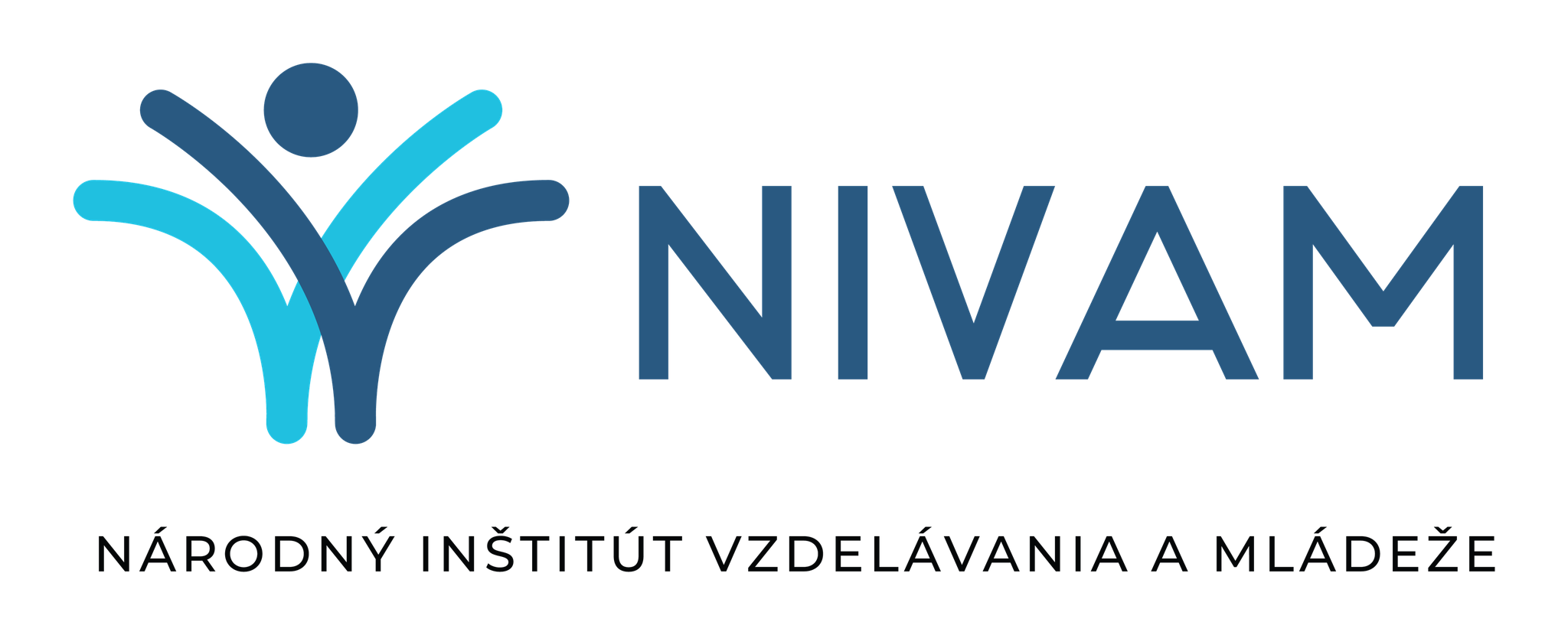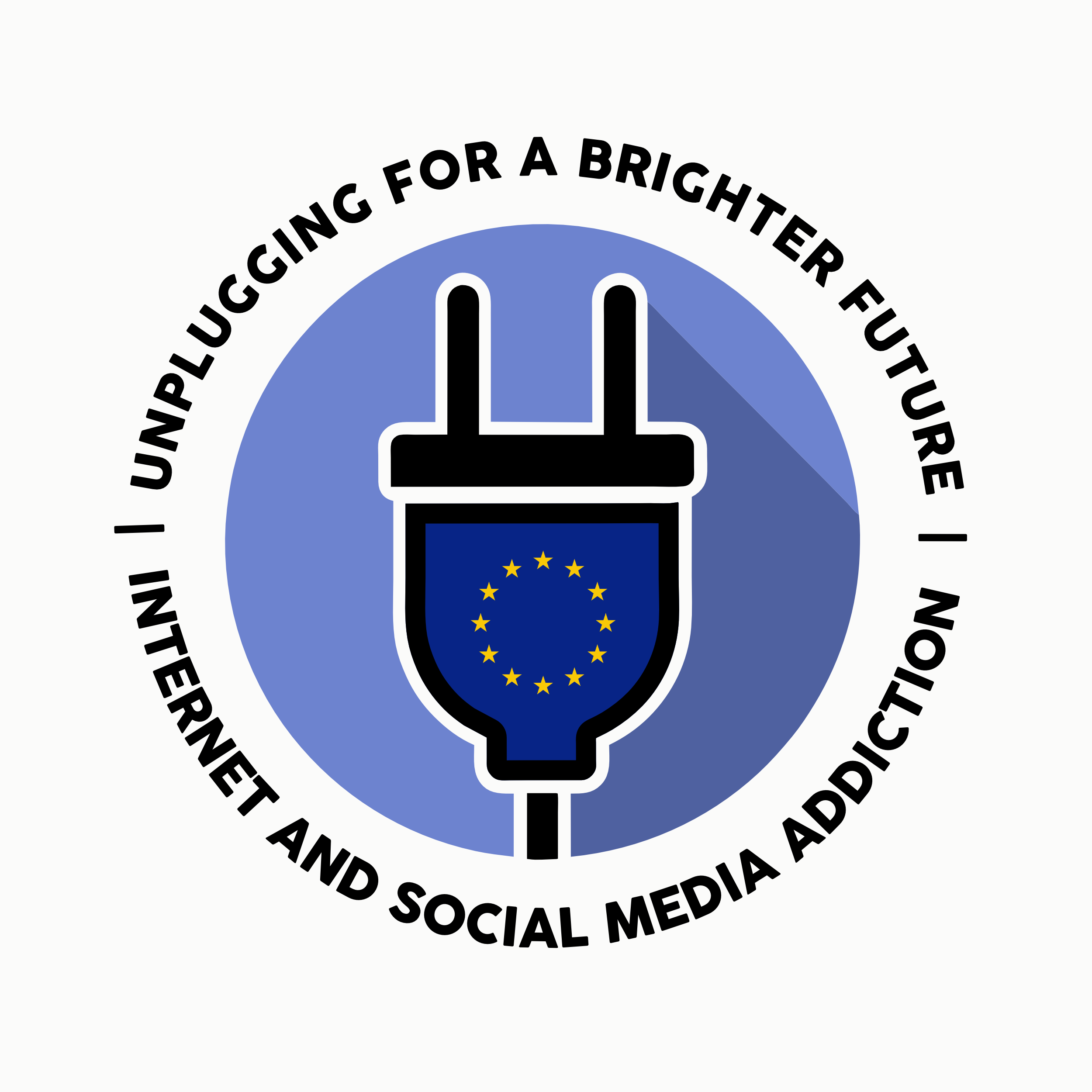Project Summary
Internet and social media addiction (ISMA) has become more pronounced worldwide, particularly following the COVID-19 pandemic and subsequent lockdowns across Europe. During the pandemic, the youth's extensive use of digital devices, prompted by stay-at-home orders,led to an increase in cyberharassment and various forms of online violence. Youth workers, trainers, and those engaged in youth education find themselves in an unprecedented situation, recognizing the urgency of acquiring new competencies in digital well-being education to effectively combat ISMA, cyberharassment, digital discrimination, and social exclusion.This entails gaining conceptual tools to understand the complexities of ISMA and developing strategies for intervention. Moreover,they acknowledge the necessity of challenging and eliminating personal biases, prejudices, orstereotypes related to digital behaviors and online interactions. This self-awareness is deemed crucial in effectively combating ISMA, digital violence, and discrimination in both real-life and online environments. The organizations stress the importance of recognizing the intricate connections between digital well-being and identity markers such as race, ethnicity, and sexuality. Non-formal methods are proposed to impart this knowledge to young people who may have experienced digital well-being challenges in various settings.
Project Components
2
Project Meetings
3
Trainings
36
Local Workshops
3
Days Campaign
KA210 Youth Small Scale Partnership
2023-3-SK02-KA210-YOU-000174848



Funded by the European Union. Views and opinions expressed are however those of the author(s) only and do not necessarily reflect those of the European Union or NIVAM. Neither the European Union nor the granting authority can be held responsible for them.
